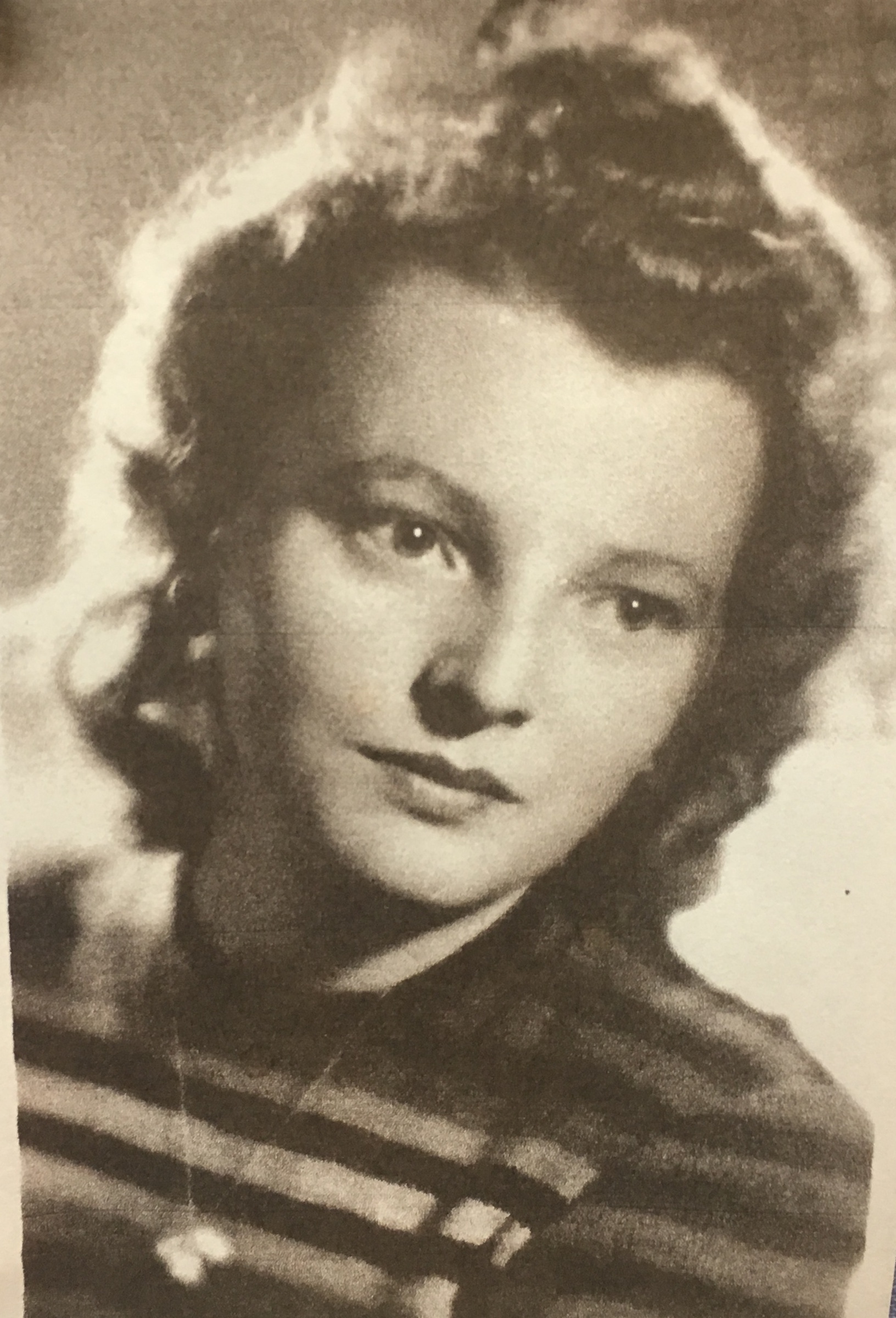Joy, optimism, and activity

Stáhnout obrázek
Ludmila Kubíčková, née Třesohlavá, was born on June 4, 1928. Her father Karel Třesohlavý operated the furnaces in Čeňkov. Her mother and grandmother were taking care of the household, the children, hens and one cow. Ludmila was commuting from Bratkovice to Příbram where she attended a higher elementary school. After completing her studies in 1943 she found a job in the Tůma family‘s confectionery in Příbram. She remembers the fear during the air raids, going to the shelters, and ground-attack airplanes attacking a train. In 1945 she began studying at a family school for female professions. After finishing this school she began working as a seamstress in the studio of Olga Čermovská in Prague-Jinonice which produced fashion and leather accessories. The small business with five employees was nationalized by the communists after the coup d‘état in 1948. The employees were forced to transfer under the production cooperative Plastex Prague in Michalská Street. Ludmila was partly commuting to work in Prague and partly working from her home. She got acquainted with her husband-to-be Josef Kubíček, who during his basic military service was in charge of the kitchen in the army barracks which were established in the chateau in Hluboš. Ludmila left the Plastex company and she began sewing dresses for dolls in the toy company Hamiro. She married Josef Kubíček in 1951. They lived together with Ludmila‘s parents and they all got along well. Their son Petr was born in 1960. After her maternity leave she did not want to return to the Hamiro company and she thus found a job as a janitor in the accommodation facility for army officers in Zdaboř. She worked from five o‘clock in the morning until half past eleven. It took her a long time to get used to her working hours, but at least she was returning home early and she was able to take care of her son, father, and the animals. She worked as a janitor for eighteen years until her retirement. Her husband worked in the limekiln in Koněprusy and he was leaving for work on Mondays and returning home on Fridays. Since he was originally a butcher by profession, he often did pig slaughtering during the weekends. In 1965 they purchased a small house and Ludmila and her husband lived there happily until his death in 2009. Afterwards she moved to a retirement home where she feels happy because she was afraid to stay alone in her house and she loves company and likes to talk with others.


















